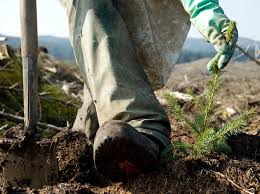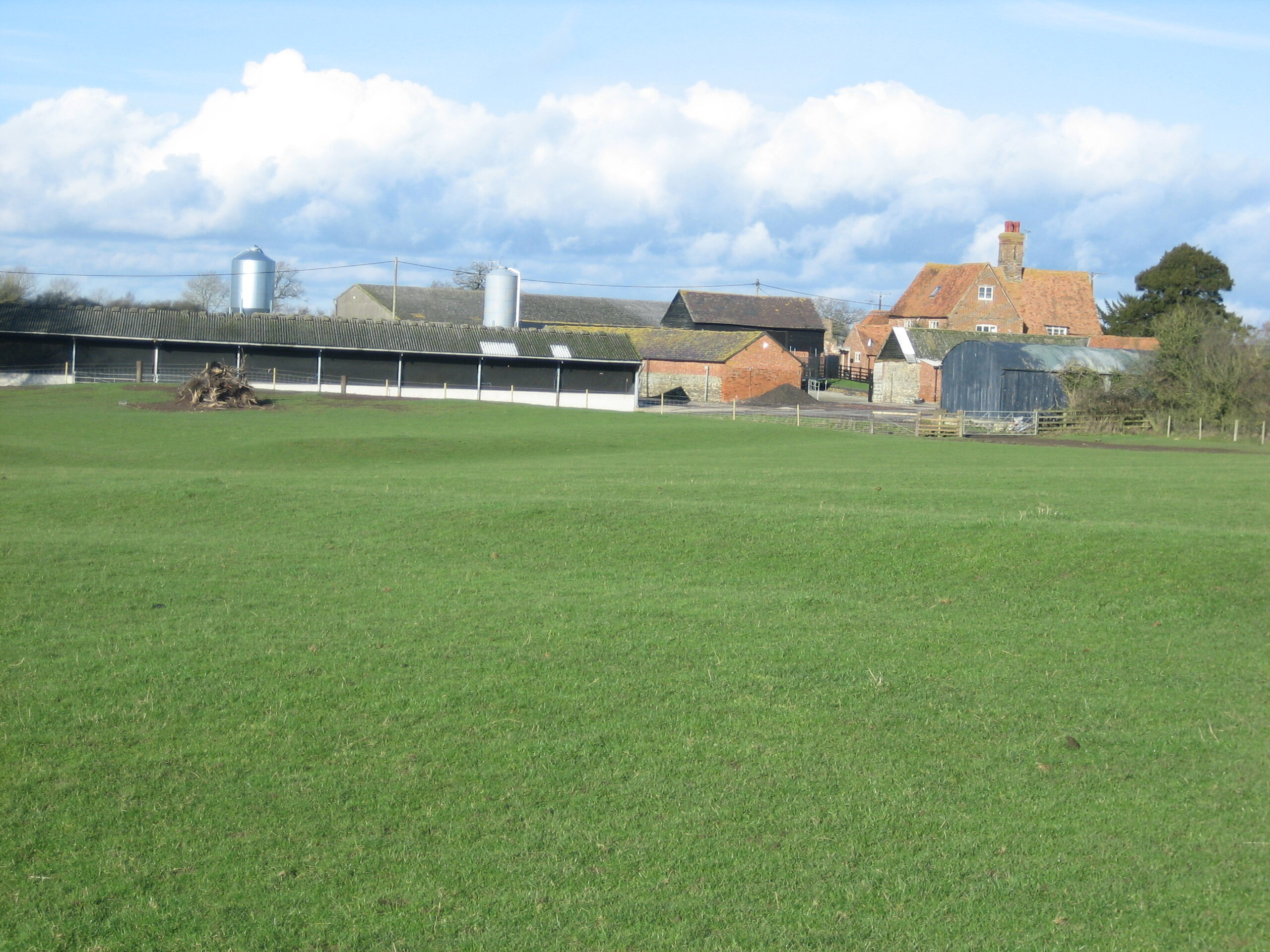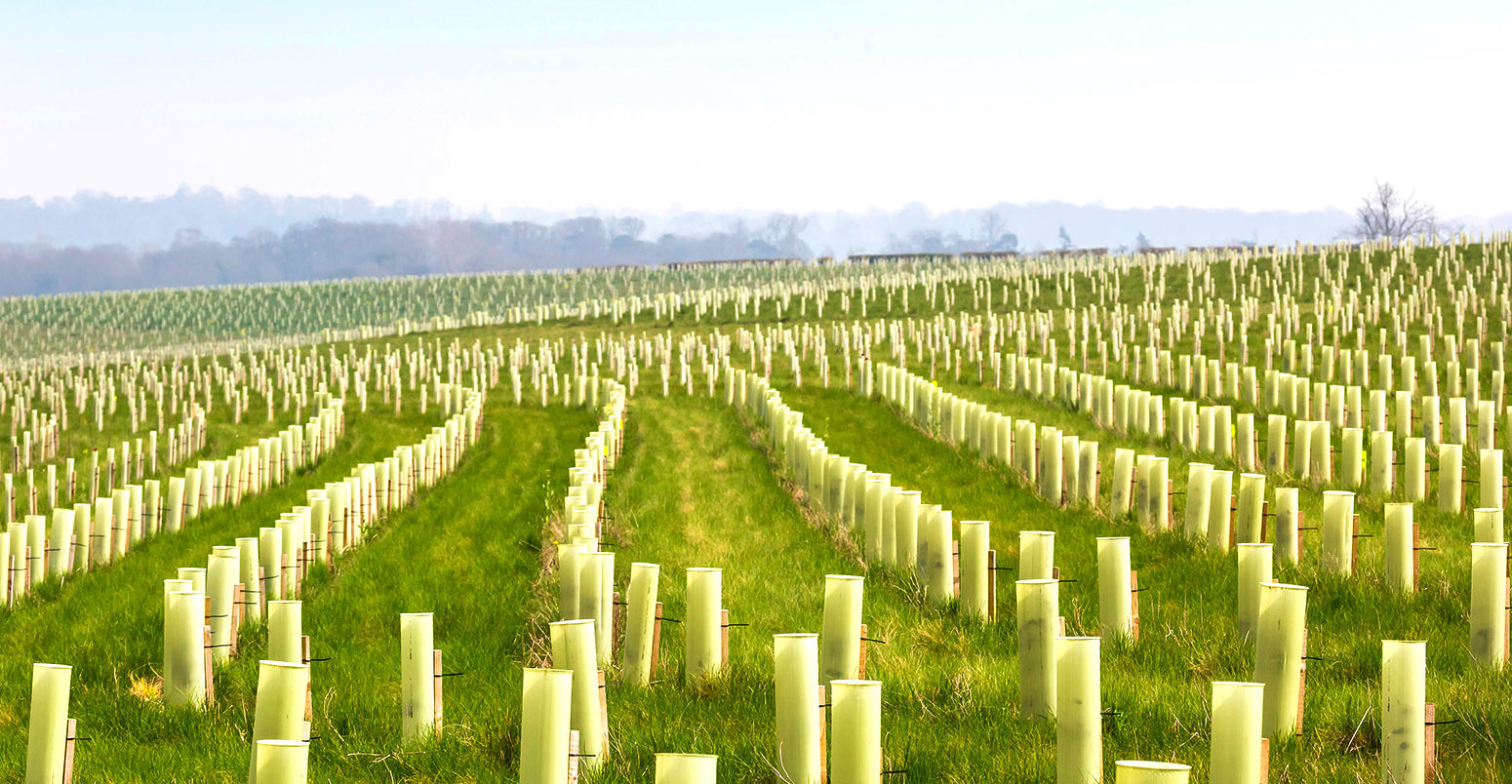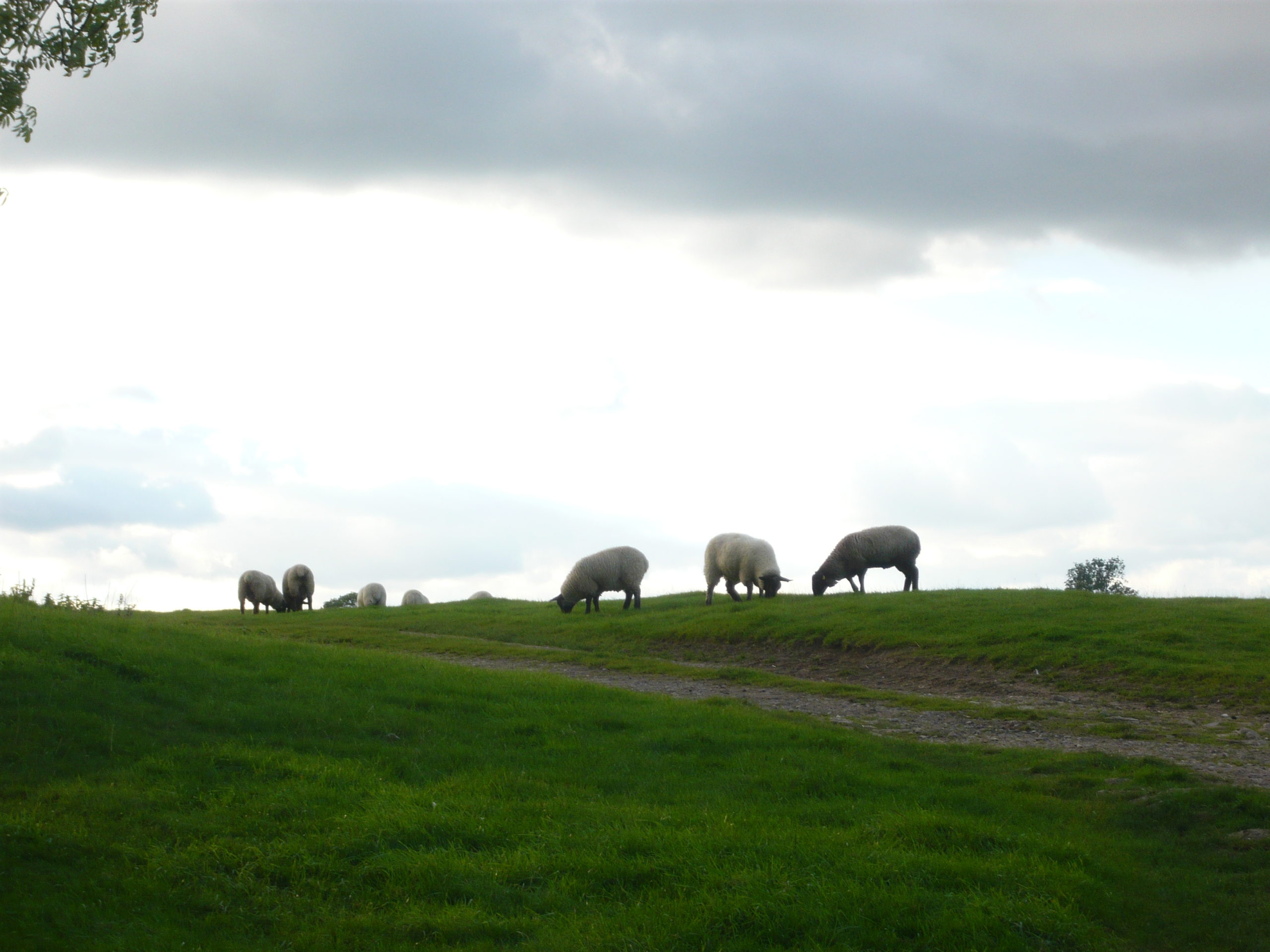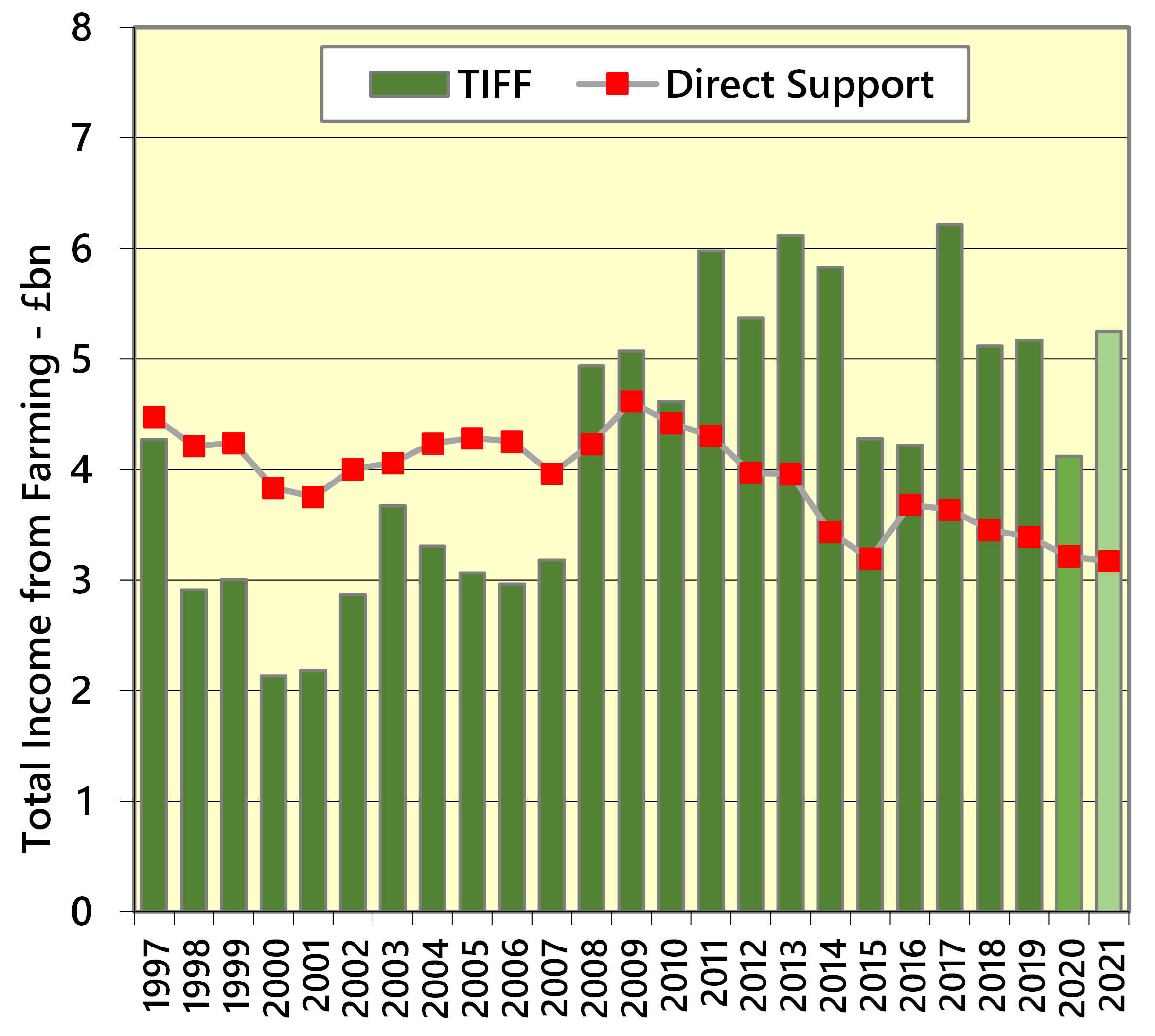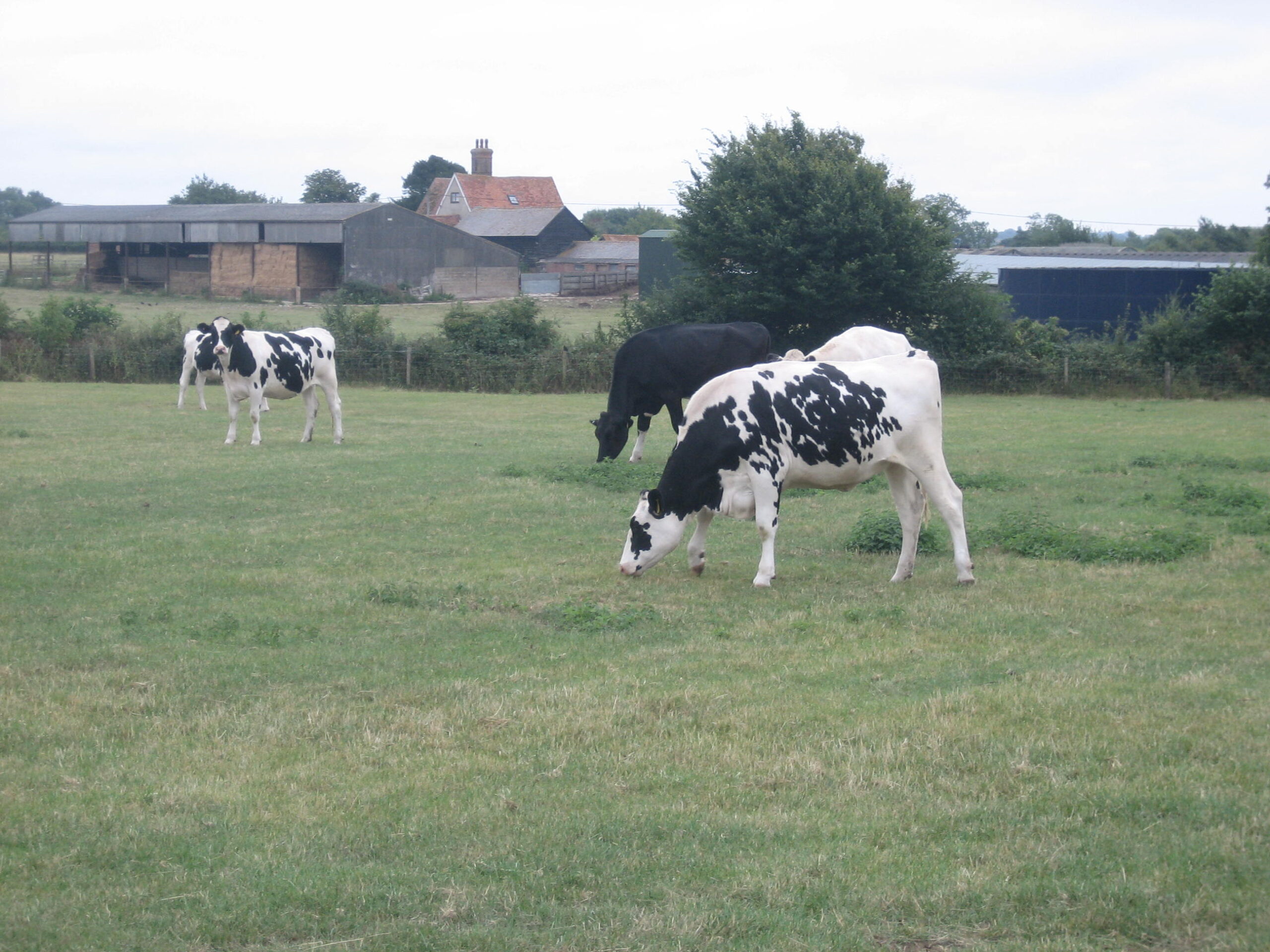George Eustice has announced a new ‘flagship’ tree planting grant. The England Woodland Creation Offer has been announced as part of the Government’s ‘nature week’ in which a number of new measures to tackle climate change and biodiversity loss have been announced (see previous article https://abcbooks.co.uk/defras-plans-to-restore-nature/ ). The grant is part of a suite of measures to ‘treble the planting rates’ in England during this Parliament.
The England Woodland Creation Offer (EWCO) is due to open for applications shortly (late spring). The Forestry Commission will be administering the scheme which replaces the Woodland Carbon Fund, which closed for applications in March 2021. It will be funded through the Nature for Climate Fund, supporting the creation of over 10,000 hectares of new woodland over the lifetime of the scheme.
Although scheme details and payment levels are not yet available, we do know support will be available for diverse woodland types from a minimum of 1 hectare per application, with individual blocks as small as 0.1 hectares. Up to 100% of capital costs (up to a per hectare cap) will be available, together with annual maintenance payments for 10 years. Further funding will be available for:
- Recreational infrastructure, such as paths and picnic tables
- Forest paths and tracks
- Nature recovery and riparian buffer strips
- Allowing access and proximity to settlements
- Reducing flood risks and increasing water quality
The existing Woodland Creation Planning Grant can be used to help with applications to the EWCO and the application form will make it easier for applicants to register with the Woodland Carbon Code.
From 2024, the EWCO will transition into ELM, with woodland creation being funded through the three components. EWCO agreement holders will be able to end their EWCO agreement at agreed points without penalty once they have secured a place in ELM. Furthermore, EWCO agreement holders will continue to be able to claim BPS payments on land in an EWCO agreement, provided it meets certain eligibility requirements.
Funding to support tree planting and maintenance of woodlands also remains available through the Countryside Stewardship scheme. Further funding may also be available via New Community Forests – three new Community Forests will be planted by 2025 and the Urban Tree Challenge Fund – open to organisations or individuals to fund planting of trees in urban areas or peri-urban areas (applications close 25th July 2021).
The new woodland creation grant is part of the Government’s plans to achieve net zero emissions by boosting tree planting. But this just adds to the schemes available; does it just ‘muddy the waters’? Perhaps simplicity and clarity would help boost uptake? It will be interesting to see what 100% of capital costs (capped) really means and how generous the payment rates are compared to current schemes. Scheme details should be available shortly.


